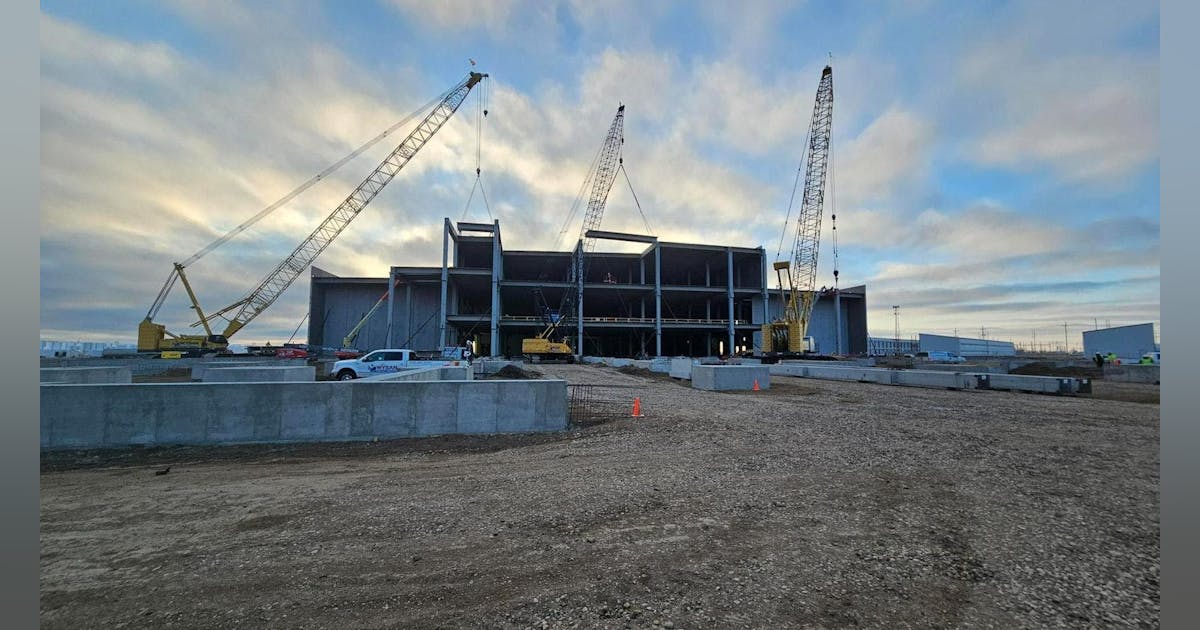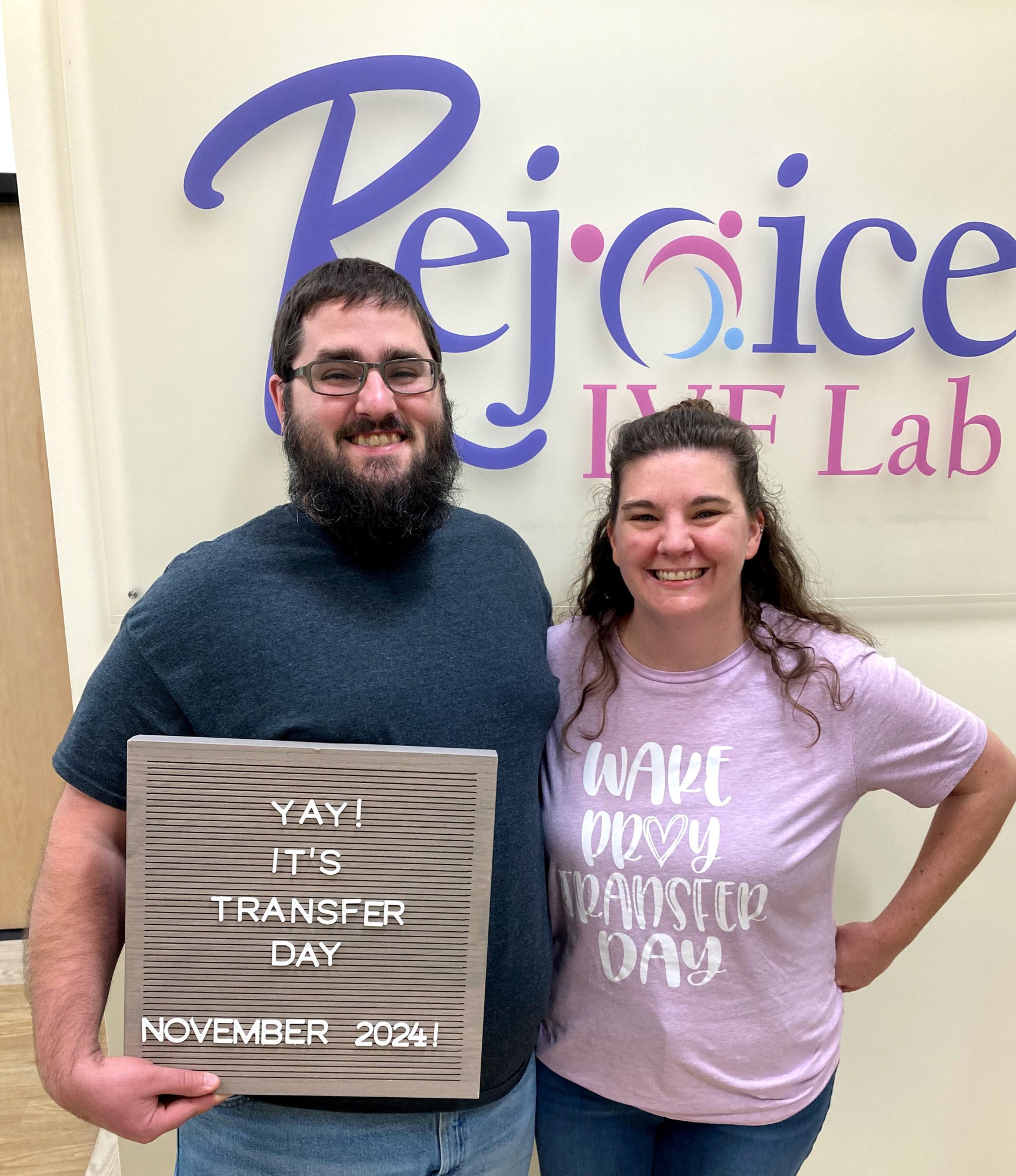
Harshit Omar, co-founder and CTO of FluidCloud, said that while IaC is widely adopted, every cloud provider has its own rules about how things can be deployed. “The way you work and deploy things in AWS, the way you deploy things in Azure, that is totally different,” Omar said.
Patented algorithm solves factorial scaling challenge
Cross-cloud infrastructure mapping traditionally creates what Bayer referred to as factorial complexity.
Each cloud provider requires unique translation paths to every other provider. Six clouds demand 30 distinct mappings. Adding a seventh cloud requires six additional translation paths.
FluidCloud developed a patented approach that converts factorial scaling into linear complexity. The system creates universal intermediate representations that translate to any supported cloud dialect. The platform currently supports AWS, Azure, GCP, VMware, Vultr and Nutanix with additional providers under development.
FluidCloud’s discovery system calls cloud APIs directly to inventory existing infrastructure across all supported platforms. The engine can scan 50,000 resources in 15 seconds compared to hours required by competing tools that perform similar functions, FluidCloud asserts.
Real-time translation preserves network architecture
FluidCloud’s core engine translates infrastructure between cloud-specific resource dialects while maintaining network topology and security relationships.



















